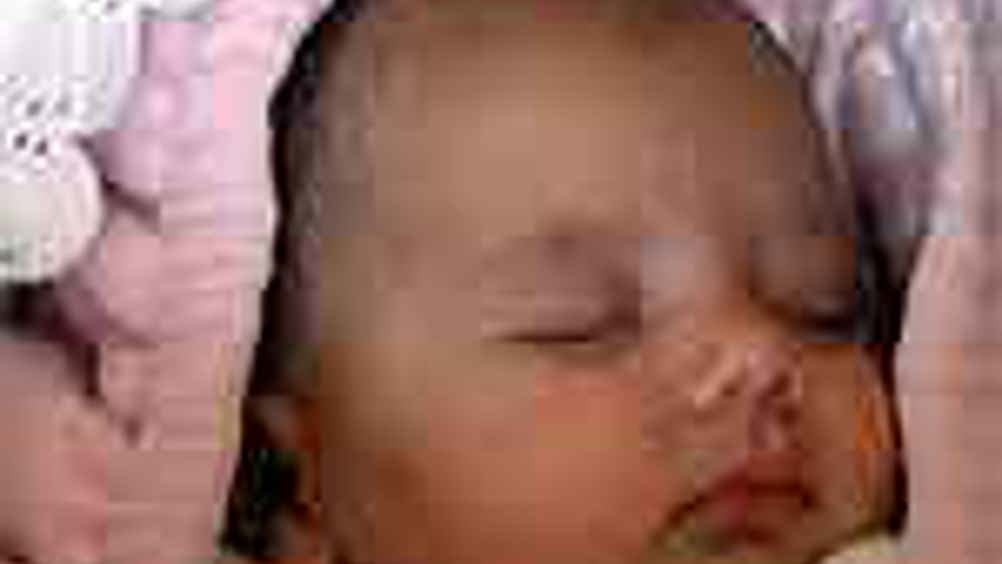microTEE probe
Royal Philips Electronics has introduced the microTEE, which is claimed to be the world’s smallest transesophageal echocardiography transducer for the cardiac imaging of neonatal patients.

has introduced the microTEE, which is claimed to be the world’s smallest transesophageal echocardiography (TEE) transducer for the cardiac imaging of neonatal patients.
The microTEE transducer provides paediatric cardiologists with a diagnostic tool for imaging the hearts of newborn patients.
Philips's microTEE will be showcased next week at the 20th annual American Society of Echocardiography (ASE) in Washington, DC, and it will be available for sale globally this summer.
TEE is an alternative way to produce echocardiograms of the heart. With a standard echocardiogram, a transducer is placed over the chest wall.
With TEE, the transducer is fed into the esophagus and positioned behind the heart. Once there, the transducer bounces soundwaves off the heart to produce images of the cardiac structures.
Philips claimed that previously available paediatric TEE transducers were so large that it was impossible to image small babies during critical cardiac catheterisation or surgical procedures. As a result, high-risk procedures were done routinely on infant patients without transesophageal echocardiography images available to the surgeon.
Register now to continue reading
Thanks for visiting The Engineer. You’ve now reached your monthly limit of news stories. Register for free to unlock unlimited access to all of our news coverage, as well as premium content including opinion, in-depth features and special reports.
Benefits of registering
-
In-depth insights and coverage of key emerging trends
-
Unrestricted access to special reports throughout the year
-
Daily technology news delivered straight to your inbox










UK Enters ‘Golden Age of Nuclear’
The delay (nearly 8 years) in getting approval for the Rolls-Royce SMR is most worrying. Signifies a torpid and expensive system that is quite onerous...